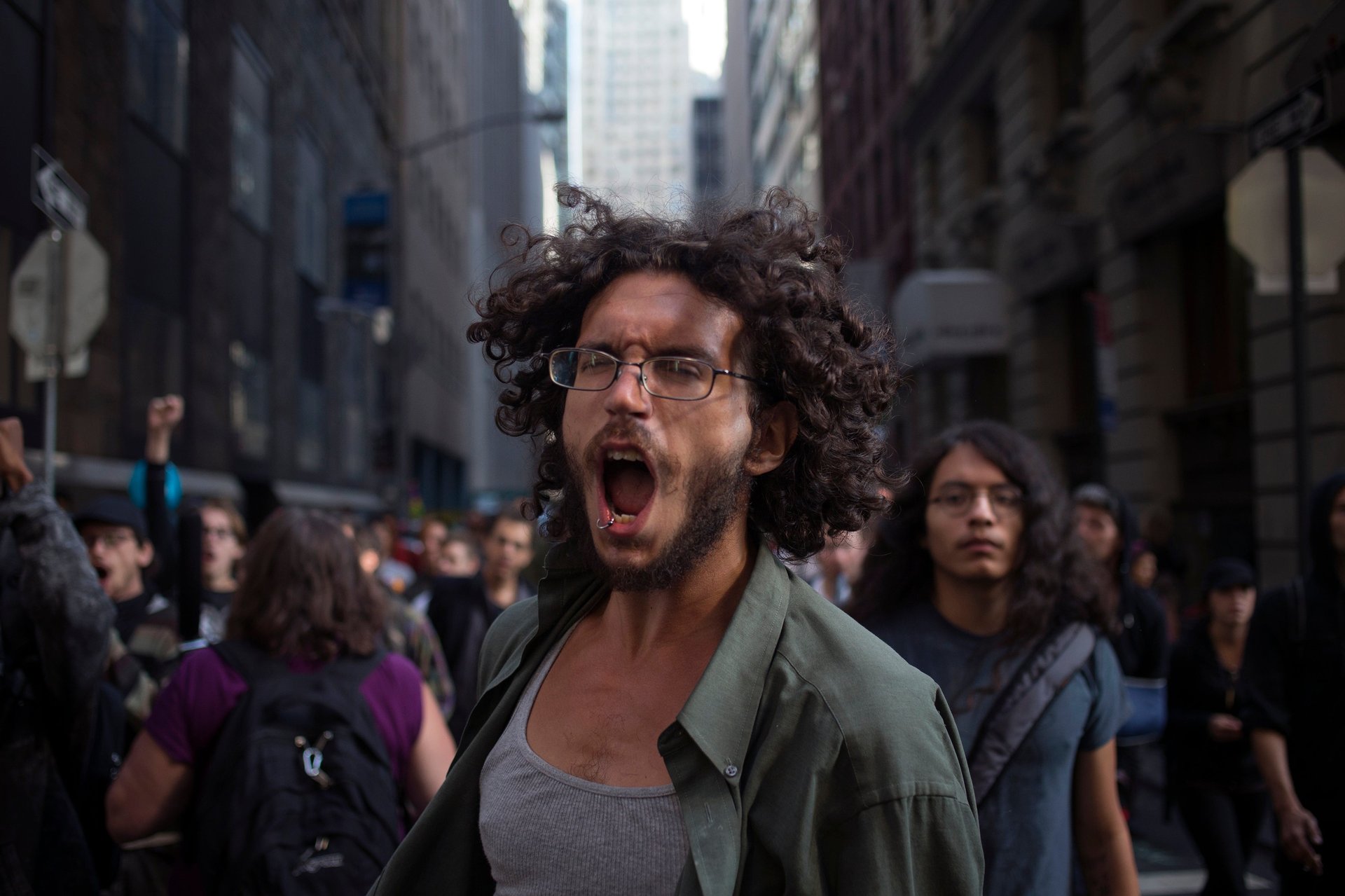The financial crisis may have scarred a generation for life
Ten years later, many of the financial scars have healed. Household balance sheets for most are roughly where they used to be. The stock market is up, housing has recovered, and banks are lending again. But, a decade after Lehman Brothers went bust, real damage remains, and could have consequences for many years to come.


Ten years later, many of the financial scars have healed. Household balance sheets for most are roughly where they used to be. The stock market is up, housing has recovered, and banks are lending again. But, a decade after Lehman Brothers went bust, real damage remains, and could have consequences for many years to come.
The financial crisis changed how millennials feel about risk. In fact, they may be forever more risk-averse than previous generations. This is reflected in how they invest in their education, careers, and financial portfolios.
📚 Millennials study more sensible, job-oriented subjects in college
There has been a crash in demand for humanities degrees, with university students majoring in more job-oriented fields, like nursing, exercise science, computer science, and economics. What people study at university is a large investment in their human capital, providing a foundation for their careers.
But while humanities degrees may seem like a poor investment, that is not always true. Many humanities students go on to earn a similar amount as their more practical peers. If they go to grad school, they may have more of an upside. The chart below shows the typical earnings for workers with graduate degrees in history and nursing. Typically nurses earn more, but if history graduates get lucky, their salary ceilings are higher. Humanities is a riskier bet, but nursing comes with a lower upside.
For the record, the major with the highest average salary is actuarial science.
🤝 Millennials are less inclined to become entrepreneurs
All those budding actuaries will probably seek the security of a stable employer. Despite the stereotype of millennials flocking to Silicon Valley to purse their entrepreneurial dreams, the generation tends to be less inclined to self-employment compared with earlier generations. Since the financial crisis, there has been a drop-off in self-employment among 20- and 30-somethings.
This seems surprising, since lots of headlines tout industrious millennials doing gig work. But the evidence suggests lots of gig work is a side-hustle from a regular job, rather than a sign of entrepreneurship. In that case, gig work represents a diversification of income streams, rather than taking a big risk with variable rewards.
📉 Millennials shy away from stocks
Children of the Great Depression were wary of the stock market for their entire lives (pdf). The same might be true for millennials. The share of stock owners has remained steady, at around 52%, mostly because of employer-sponsored retirement accounts which automatically invest workers in stocks. But millennials choose to put less of their money into stocks than previous generations—much less.
Where are they putting their savings instead? The data show that compared with 25-to-39 year olds in 2007, younger workers today keep a larger share of their assets in plain-old bank accounts, and also divert less of their paychecks into their retirement accounts.
🤷♀️ Millennials face a low-risk, low-reward future
There could be many reasons that an entire generation seems so risk-averse; perhaps we can blame helicopter parenting or technology. And perhaps the anxiety will fade with time.
Millennials are now approaching middle-age with weaker asset returns and a slower earnings-growth career track. That said, risk aversion worked out for children of the Great Depression. They entered the workforce in the post-war era that featured large firms offering generous benefits and job security. America required a population of loyal, risk-averse workers at the time, and this helped cement its position in the global economy.
It is not clear that this strategy will work so well for millennials, since the labor market isn’t as forgiving these days. Rising inequality means that the comfortable middle-class path of yesteryear is harder to achieve: either you make it, or you don’t. It’s no wonder millennials seem more allergic to risk than previous generations, even as an increasingly globalized and competitive economy rewards boldness and creativity. Ten years ago, millennials experienced what happens when things go wrong—really wrong—and they won’t soon forget it.